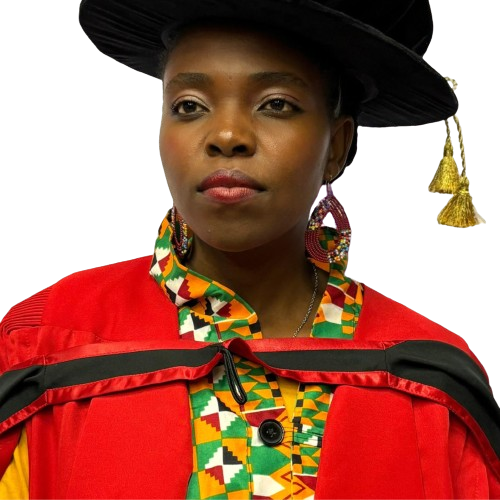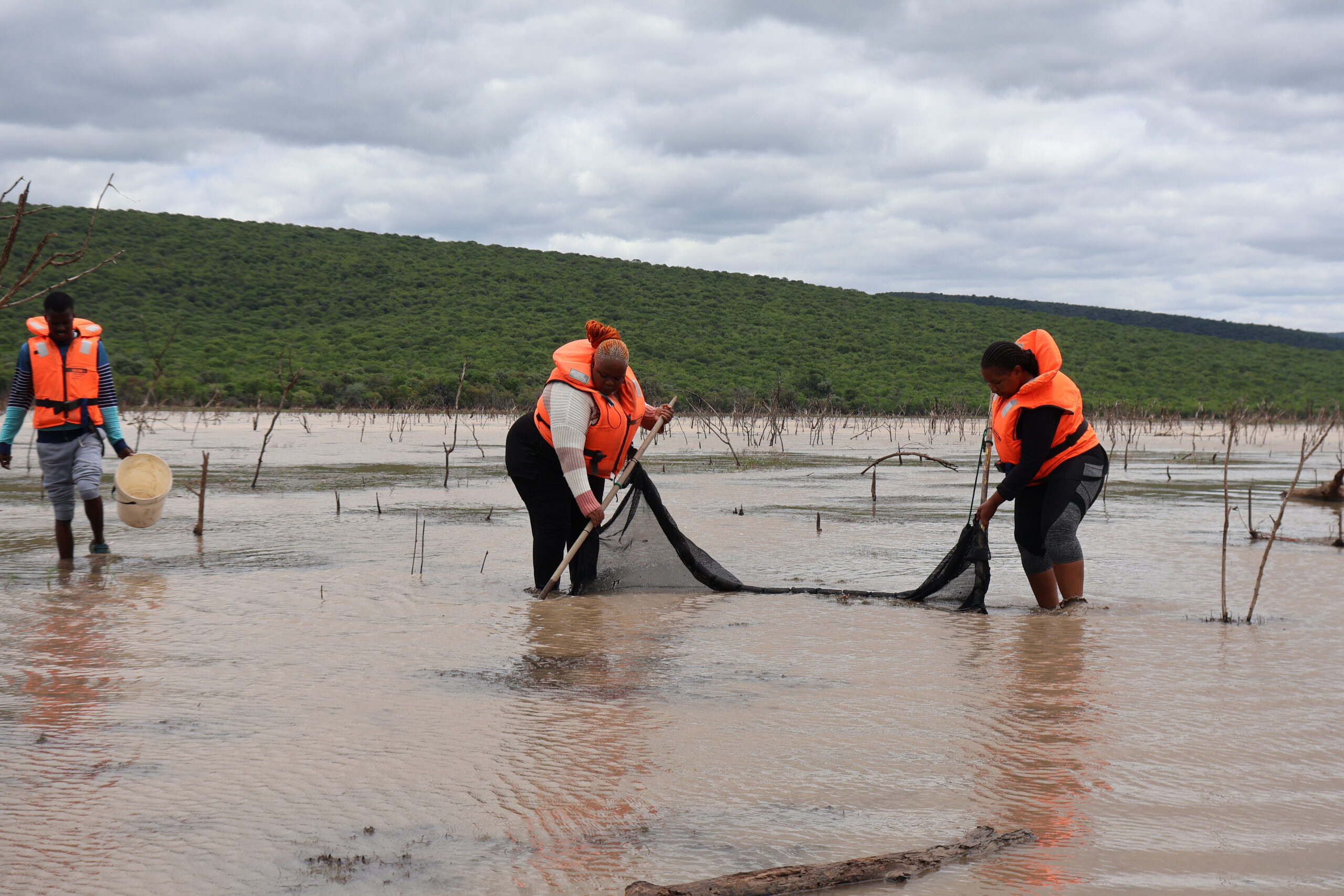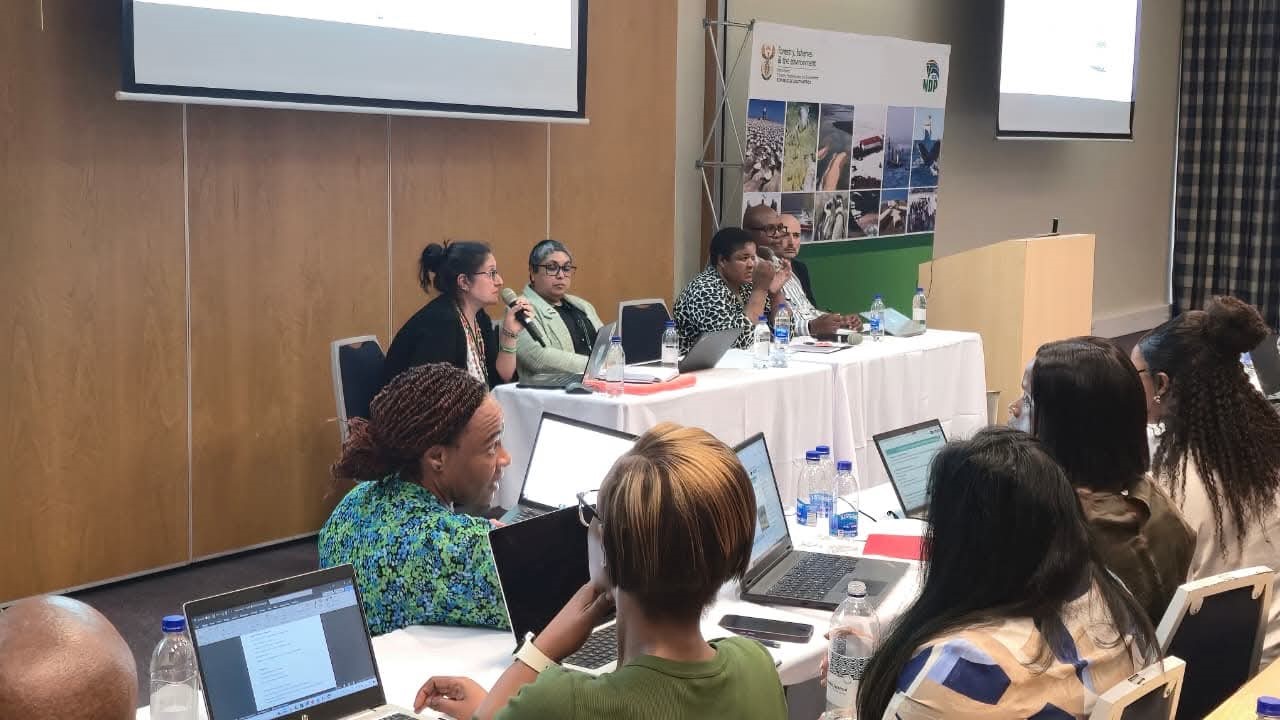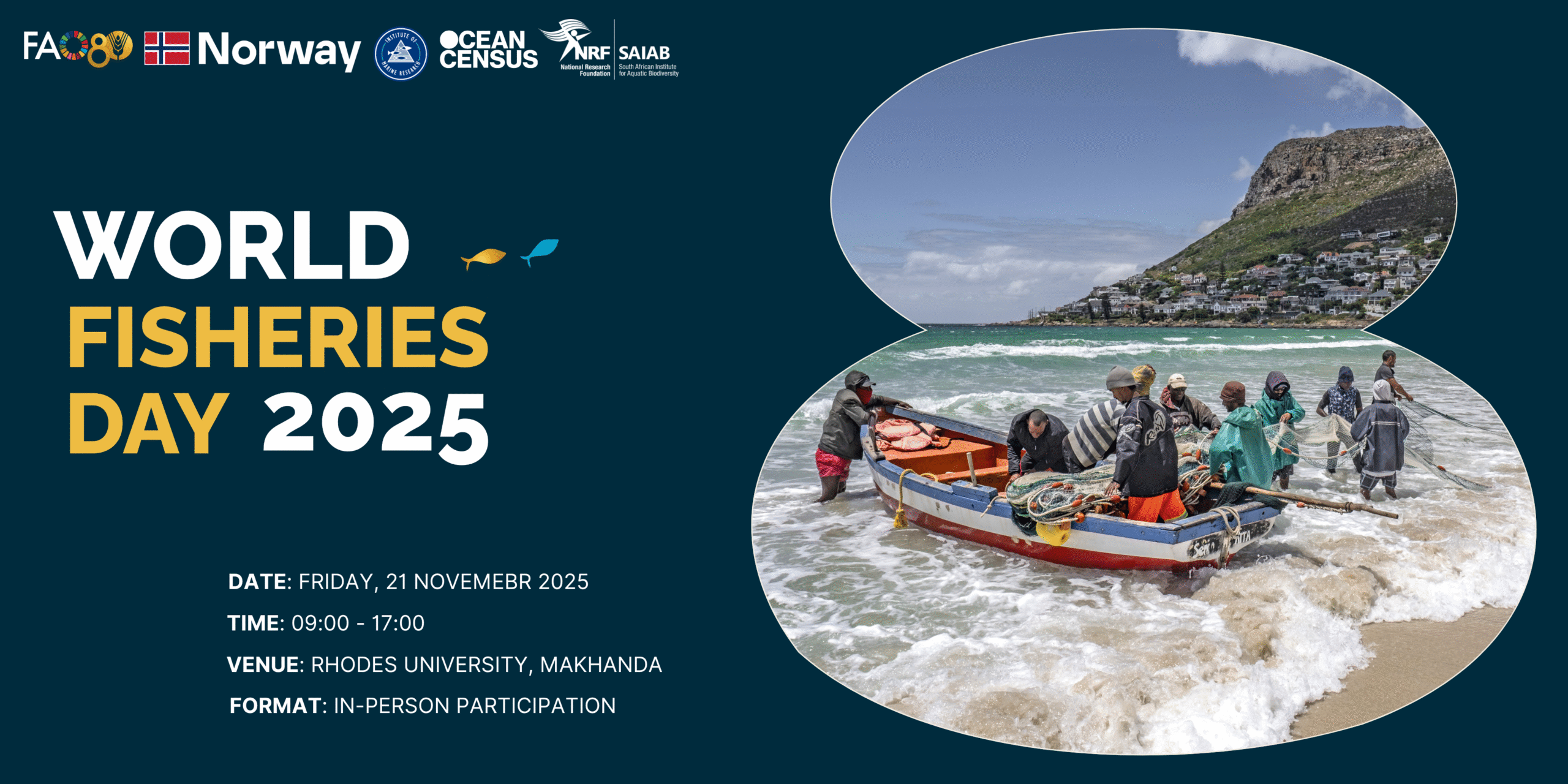
Dr. Nompumelelo Baso, a postdoctoral researcher at the South African Institute for Aquatic Biodiversity (NRF-SAIAB), has made it as one of the top three shortlisted candidates from 630 applicants for the 2024 Jennifer Ward Oppenheimer Research Grant (JWO Research Grant). This esteemed recognition brings Dr. Baso one step closer to winning grant funding of 150 000 pounds (aprox. R3.5 million) to further her ground-breaking research on African freshwater ecosystems.
Dr. Baso’s research proposal, which earned her a spot among the top three finalists, focuses on understanding how climate change and invasive species impact the delicate balance of freshwater ecosystems in Africa. “We aim to study how these two stressors affect the food chain in these ecosystems, especially between plants and their natural enemies, as well as higher trophic levels. This research is important because disruptions in these interactions can lead to the collapse of entire ecosystems, which are crucial for providing clean water, supporting agriculture, and maintaining biodiversity,” Dr. Baso explained. “Our goal is to develop strategies to protect and restore these ecosystems in an economically and environmentally friendly manner.”
Reflecting on her achievement, Dr. Baso expressed both pride and humility. “It feels incredibly rewarding and humbling to be recognized in the top three for the [JWO Research Grant]. This recognition is a testament to the importance of the work we are doing and the potential impact it could have on environmental conservation in Africa,” she said. “Being selected among so many deserving early-career researchers is an honour, and it motivates me to continue pushing the boundaries of my research to make a meaningful difference.”
Dr. Baso emphasized the personal and professional significance of being recognised by the JWO Research Grant. “Personally, this recognition affirms the value of the work I’ve dedicated myself to. It’s a validation of my passion for environmental conservation, particularly in Africa. Professionally, it’s a significant milestone that opens up new opportunities for collaboration, funding, and impact. It also provides a platform to highlight the critical environmental issues facing our continent and to contribute to global discussions on sustainability and conservation.”
She also highlighted the importance of freshwater ecosystems, calling them “the lifeblood of our planet, especially for marginalized groups in Africa.” She continued, “These ecosystems provide essential services like clean water, food, and habitat for countless species. However, they are incredibly vulnerable to climate change, which threatens to disrupt the balance that keeps them functioning. Protecting freshwater ecosystems is not just an ecological issue; it is a matter of human health and well-being.”
The JWO Research Grant was established to honour the late Mrs. Jennifer Ward Oppenheimer’s passion for Africa, the environment, and science. This year, the grant attracted applications from 35 African countries and six non-African countries, including India, Pakistan, the UK, the US, and New Zealand. The winner will be announced at the annual Oppenheimer Research Conference, scheduled to take place from the 9 to 11 October 2024 in Johannesburg.
Winning the JWO Research Grant would be transformative for Dr. Baso’s research, enabling her to expand the scope of her study across different regions. “The funding from the grant would allow us to conduct more extensive fieldwork, use advanced technologies for data collection and analysis, and involve a broader range of experts in our study,” she said. “This would accelerate the pace of our research, enabling us to produce results more efficiently and to apply our findings in real-world conservation efforts.”
Dr. Baso expressed deep gratitude for the collective effort of her research team at NRF-SAIAB, the Centre for Biological Control (CBC) at Rhodes University (RU), and various collaborators, including the Botany Department at RU, stakeholders from Namibia, Kenya, Zimbabwe, and Lesotho. “This recognition highlights the importance of focusing on African environmental issues and the potential of African researchers to contribute to global scientific knowledge. I am deeply grateful for this opportunity, and I see it as a responsibility to continue striving for excellence in my work.”
She also called for greater collaboration and interdisciplinary approaches in conservation efforts, emphasizing the importance of involving local communities in these initiatives. “Sharing data, resources, and strategies across borders and disciplines can lead to more effective conservation efforts,” Dr. Baso noted. “Involving local communities is vital, as they are often the most directly affected and can offer valuable insights into sustainable practices.”
As she looks forward to the upcoming Oppenheimer Research Conference, Dr. Baso remains hopeful about the potential collaborative opportunities that lie ahead, particularly with other research institutions focused on climate change adaptation and biodiversity conservation in Africa. Furthermore, expressing that she is “keen to collaborate with policymakers and conservation organisations to ensure that research findings are translated into actionable strategies, which ultimately contribute to the protection and restoration of Africa’s vital freshwater ecosystems.”



